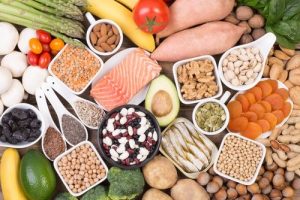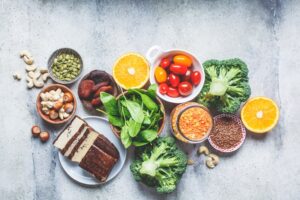Iron-rich foods: How to improve children’s iron status through diet
Why do children – especially babies over the age of 6 months who have been breastfed – need to consume iron-rich foods? And what’s the best diet for achieving iron sufficiency? The question can be tricky, because many foods, including some with substantial iron content, contain chemical compounds that interfere with iron absorption.






